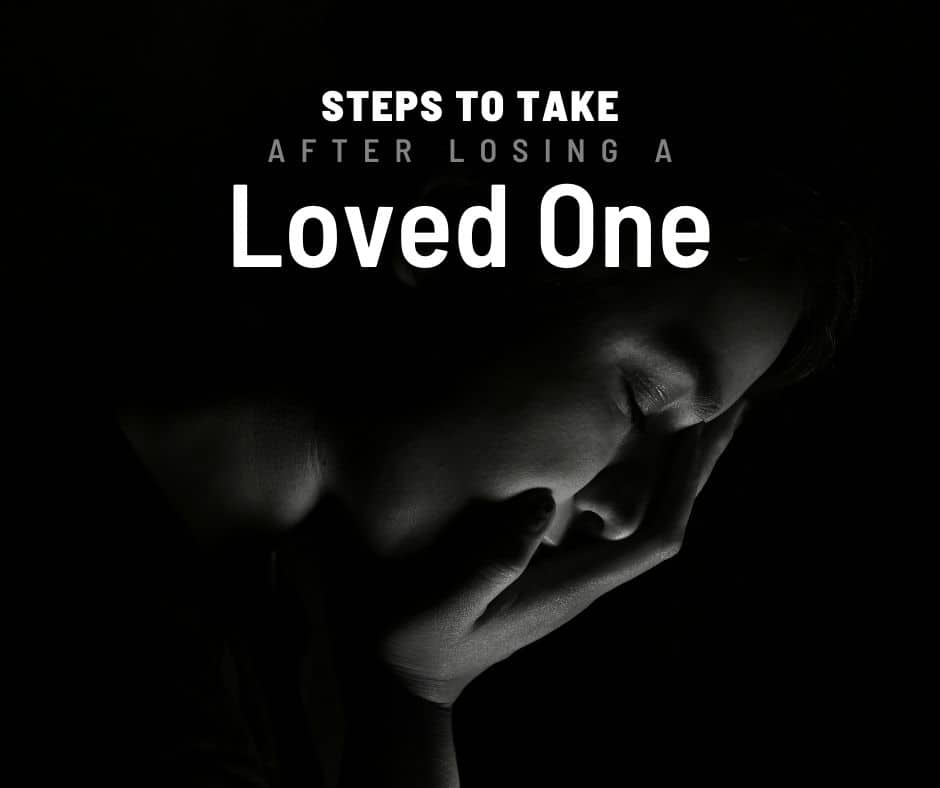After losing a spouse, people typically fall into two camps: those that are, in essence, paralyzed and hesitant to do anything or those that want to keep busy by checking things off their To-Do list. Both are natural reactions, and often people go back and forth between these two depending upon what they are dealing with that day. It can be a daunting task dealing with an estate, and many wonder, where do I start?
We recently met with a client who lost her husband. He was still working but closing in on his anticipated retirement a few years down the road. In her eyes, their carefully crafted plan had been completely upended and she needed answers to reassure her things would be fine, at least from a financial perspective. But where to start?
A good first step is to locate your important legal documents. These might include your loved one’s will or trust, military discharge papers, and Social Security card. Then contact an attorney to find out next steps from a legal perspective. Maybe the trust will take care of everything, or maybe you’ll have to go through the probate courts. It’s best to seek advice from experts who can answer these questions rather than try to go it alone.
Many things can be put off, but some things need to be addressed sooner than later. If your spouse has passed away, you may need to contact Social Security to see if you are entitled to any survivor benefits. You may also need to make health insurance plan changes, if like our client, you are covered under your spouse’s employer health plan. Contacting a financial professional to alert them to your loved one’s passing is another step to take. They can help you file life insurance claims and review beneficiaries on investment accounts.
In the case of our client, we were able to help her prioritize what needed to be done. She is the checklist kind of person, so she wanted to take care of as many things as she could because it gave her some measure of comfort. During our meetings with her, we contacted her attorney, coordinated a meeting with Social Security to discuss her benefit options, contacted her husband’s HR department about insurance and benefit options, processed a life insurance claim, and updated her beneficiaries.
The important thing to remember is that you don’t have to do this alone. Albert Einstein said it best. “I don’t need to know everything, I just need to know where to find it, when I need it.” The same holds true here. Finding trustworthy and reliable advisors, whether financial professionals, attorneys, CPAs, or friends, is invaluable. They can help you through the process after losing a spouse and help ease this transition in your life.

